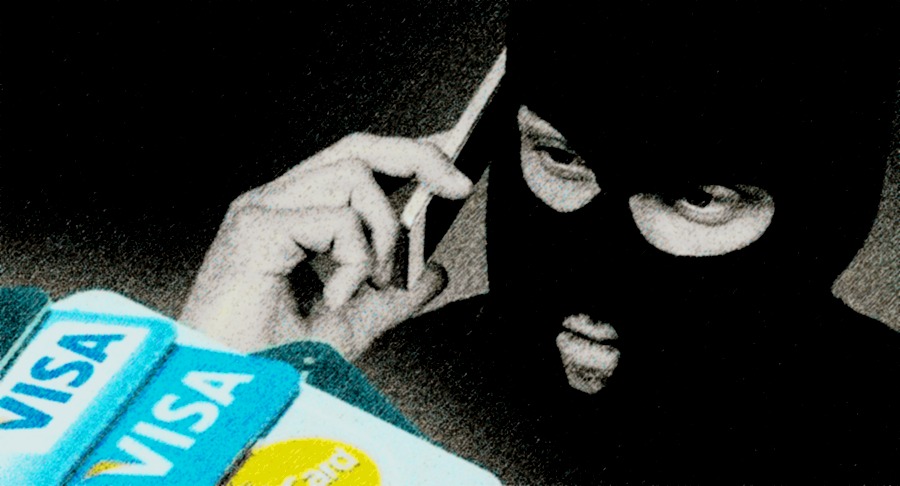Only 0.2% of Russians Know Which Card Details Should Never Be Shared
According to a study by the international payment system Visa, only 1 in 500 Russians can accurately identify which bank card information can be shared, with whom, and how to determine if a website is secure for online payments. The vast majority (98.8%) have incomplete knowledge on this topic, making them vulnerable to scammers who use social engineering techniques to steal money from cards, the company reports.
Key Findings from the Study
- Respondents were asked to name rules for safe card usage, such as making payments only on official websites, not writing down their PIN code, and not sharing card details with third parties. About 90% could name at least one rule.
- People who have already encountered scammers are more familiar with these rules, while those under 25 are the least informed. Those who have never dealt with scammers are the most vulnerable.
- Visa’s survey found that people trust those who claim to be bank employees more than those posing as law enforcement. However, 15% are willing to share card details and personal information during a conversation with someone claiming to be a bank employee.
- Russians are less trusting of “Central Bank representatives,” but 2% of respondents are willing to share their mobile banking access code, the three-digit code on the back of their card, and payment confirmation codes from SMS with them. 1% would provide such information to fake law enforcement officials.
How Russians Protect Their Payment Data
- The most common method of protecting payment data is using one-time confirmation codes, used by 74% of respondents. However, only one in four people actually trusts this system.
- The most effective protection method, according to Russians, is two-factor authentication, trusted by 55% of those surveyed.
- Biometric security methods are considered reliable by 39% of respondents, and the same percentage use them.
- 12% of respondents believe there are no effective ways to protect their data.



